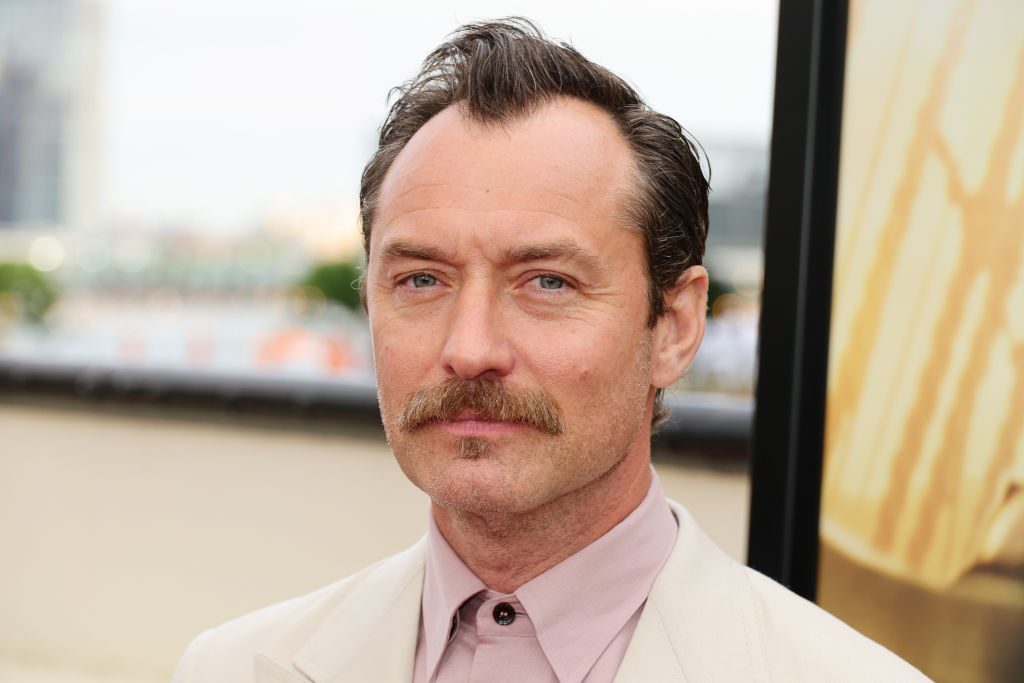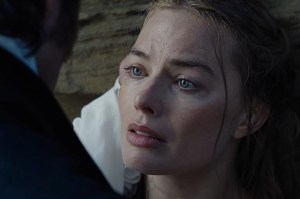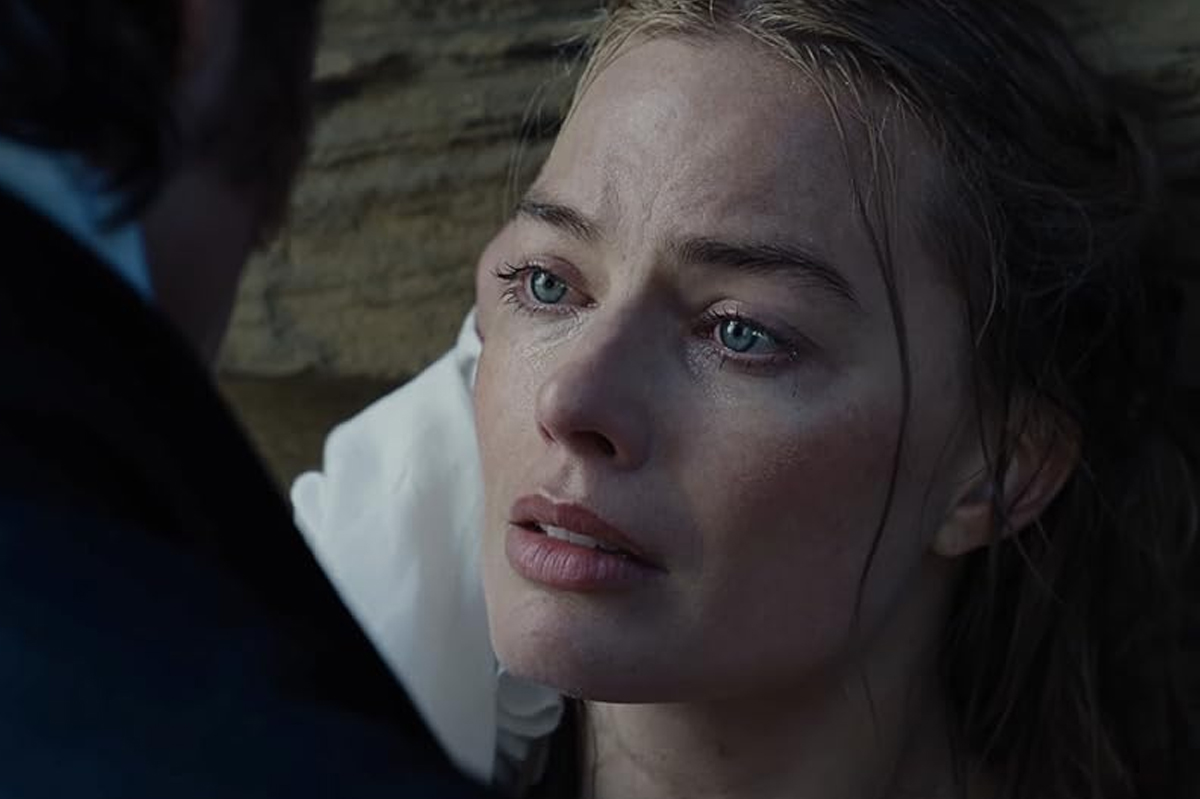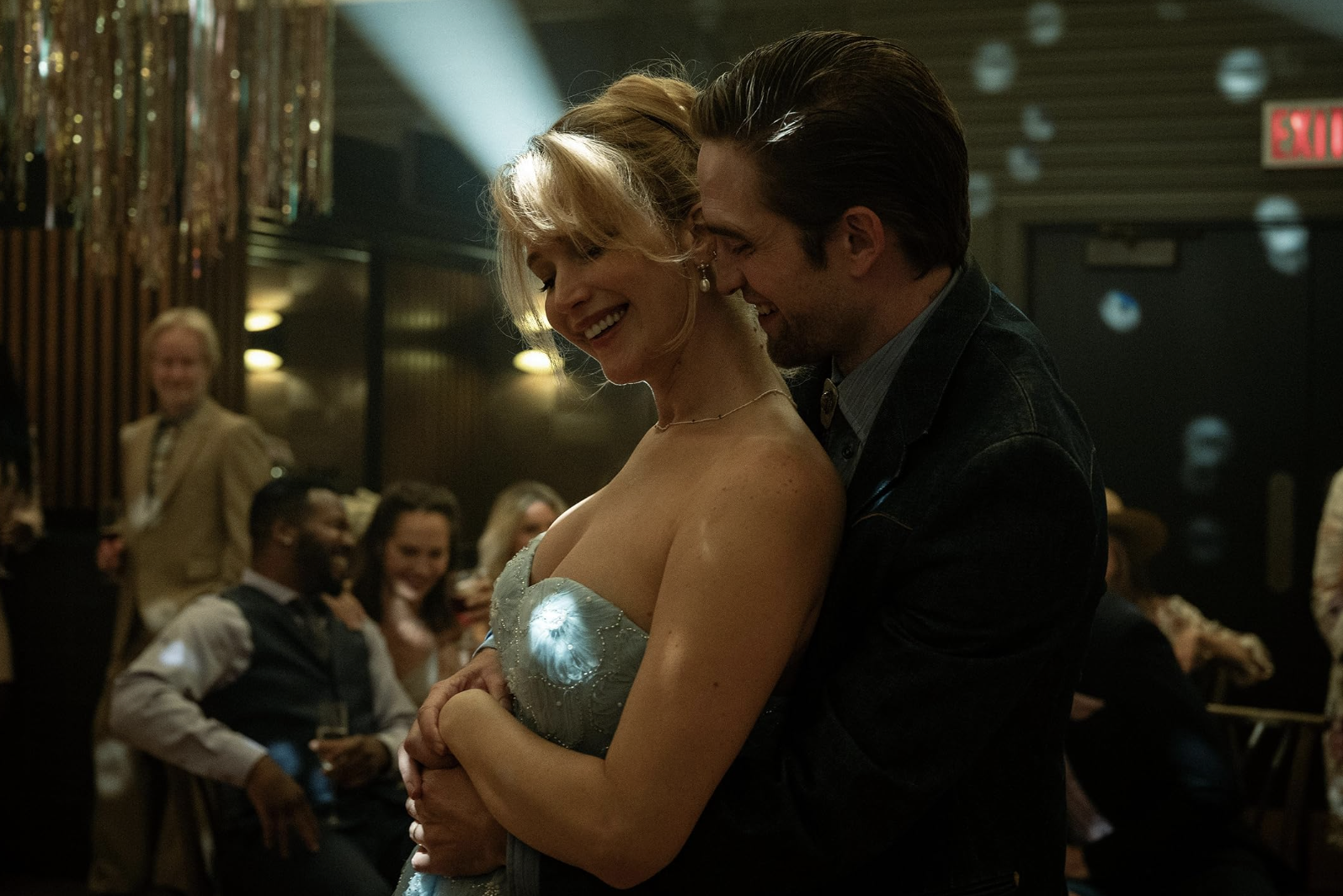The much-missed late director Anthony Minghella made three films with actor Jude Law: The Talented Mr. Ripley, Cold Mountain and Breaking and Entering. They would undoubtedly have made more if Minghella hadn’t died at the cruelly young age of fifty-four in 2008. He referred to the actor as “my muse,” but had a more perceptive comment about him too. “Jude is a beautiful boy with the mind of a man. A true character actor struggling to get out of a beautiful body.”
For years, Law seemed to struggle with the weight of his good looks, taking on mediocre roles that talent agencies and producers had shoehorned him into. Now, at the age of fifty, he has embraced middle age, and the greater opportunities for versatility it offers. He is a true character actor in a handsome, rather than beautiful, man’s body, and one of the most exciting — and unpredictable — thespians working today.
Law’s latest performance, as Captain Hook in David Lowery’s new Peter Pan and Wendy, offers ample proof of his talent and versatility. The role of Hook is often an actor’s graveyard, condemning the likes of Jason Isaacs and Dustin Hoffman to overblown buffoonery. But Law imbues what can be a stock villain with both poignancy and menace, even as he sports a ratty mustache and hideous, straggly hair. Lowery’s film is hardly the animated Peter Pan, but amid its quirkiness and revisionism, Law’s performance stands out for both its eccentricity and commitment. Twenty-four years ago, he was a golden, loathsome Dickie Greenleaf in Ripley; now, he’s a different kind of plunderer altogether, but remains as scene-stealingly excellent as he ever was.
It seems bizarre to recall that, at one point in the early Noughties, Law was so ubiquitous, often in undistinguished films, that Chris Rock mercilessly mocked him at the 2005 Oscars. The comedian jeered, “You want Tom Cruise and all you can get is Jude Law? Who is Jude Law? Why is he in every movie I have seen the last four years? He’s in everything.” The actor later commented, “At first I laughed, because I didn’t think he knew who I was. Then I got angry as his remarks, I felt, became more personal. My friends were livid.” One of those friends, Sean Penn, solemnly pronounced at the ceremony, “Jude is one of our finest actors.” But the sense of Law’s star being in eclipse did not leave him for years. Then he stopped being a leading man, embraced his destiny as a character actor and had a great deal more fun.
He played Doctor Watson in Guy Ritchie’s Sherlock Holmes and its sequel, and was an effectively chilly Karenin in Joe Wright’s Anna Karenina. He also appeared in the final Hollywood film made by pre-disgrace Woody Allen, A Rainy Day in New York. Law, who has kept his personal and political views largely to himself, save for his outspoken support for the Peace One Day movement, remarked that it was a “terrible shame” that its release was canceled, even as his co-stars handed their fees back as a sign of protest at Allen’s notoriety. Something, of course, they could not possibly have known when they signed up for the film.
Law’s personal life has been well documented by the tabloid press, and the financial demands of his six children have presumably necessitated his appearing in numerous big-budget franchises and sequels, from the ill-fated Fantastic Beasts pictures to his taking Marvel and Star Wars dollars. It would be unsurprising to see him appear in the next James Bond film as M, following in the footsteps of Ralph Fiennes — another Minghella leading man turned peerless character actor. Yet he’s also capable of subtle and surprising work, whether on stage — he made a fine, pensive Hamlet — or on film, as in the credit crunch black comedy The Nest. He’s about to play Henry VIII in Firebrand, opposite Alicia Vikander’s Catherine Parr.
The man’s mind that Minghella praised is a versatile and playful one, and whether he’s Captain Hook, Dumbledore or a despotic king, he’s one of the most interesting actors working today. Somehow, you can’t imagine any more Chris Rock jokes being cracked about him in the future.

























